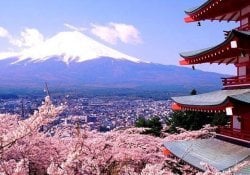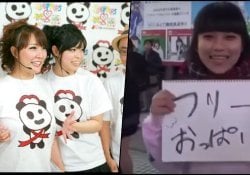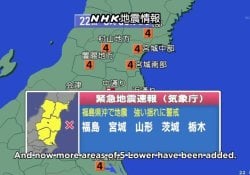Prisons in Japan are called Keimusho [刑務所] and surprise with their competence and their differentiated habits of treatment of prisoners and administration. In this article, we will learn more about prisons and what happens when you are arrested.
Unlike our idea of a prison, Japan does not suffer from overcrowded or poorly maintained prisons. In Japan, prisoners are treated equally, receive the same amount of food, wear the same uniform, and perform manual work.
Fortunately, Japanese prisons have almost no violence among prisoners; No revenge killings and no rapes. Things are so peaceful that there is usually only one guard to take care of 40 inmates.
Prisoners are classified according to gender, nationality, type of sentence, length of sentence, degree of criminality, and physical and mental health. The penitentiary system is divided into adult, juvenile and women's guidance houses (to rehabilitate prostitutes).
Prisoners wear uniforms and there is a prescribed way to walk, talk, eat, sit and sleep. Made a mistake is punished! The most common is the loss of privileges such as recreation time, access to TV, and loss of most sought-after jobs.
Índice de Conteúdo
What Happens to Being Arrested in Japan?
Before we talk about prisons, it is good to understand what happens when you are arrested. In Japan, prisoners have almost no rights. Once someone is arrested, he is guilty until proven guilty.
Most of those arrested are convicted, so the police seldom make mistakes when arresting someone. If you insist that you are innocent, the treatment will be even stricter and will be interpreted as remorse. If you are guilty, it is best to confess!
The investigation process is hard, you can't sleep and you will eat only iced rice with ovo cru. A process that can last around 12 hours of psychological pressure to sign a confession.
All Japanese legislation benefits the state and not the defendant. A person can be detained for questioning for 48 hours and they can apply for preventive detention for 10 days. A person can be imprisoned for up to 23 days without being charged with any crime.
In some cases the embassy will not be able to help you will be treated according to the laws of Japan. State attorneys are expensive, add additional fees, and don't do much. If convicted, you can take books in your language to jail.
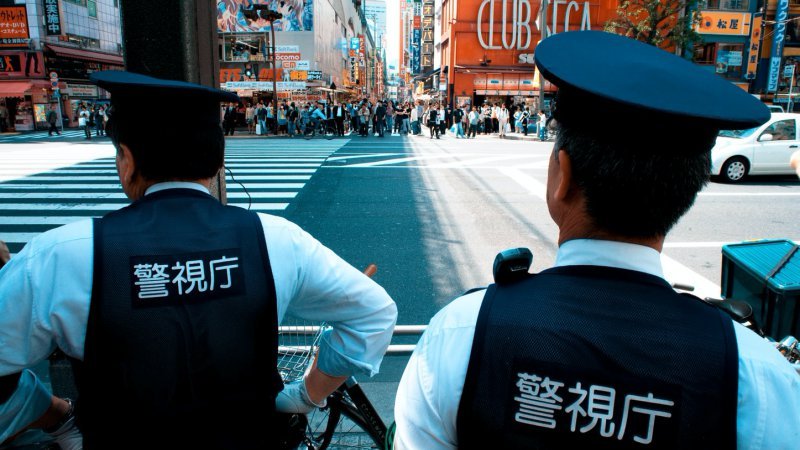
I was arrested in Japan, but I'm Innocent! I chipped?
I read comments from people who read a certain article on the internet, and were even 15 things to know before traveling to Japan. and being arrested innocent, but things are not quite like that. Let's understand some facts about the arrest of innocent people in Japan.
First, people need to stop believing everything they read on the internet. Despite being facts, a lot of that article was being written in a generalized and scary way, in order to generate shares.
In Japan, the police and the competent authorities investigate the life of the criminal or suspect before taking them to prison. So the individual is only arrested when caught, caught in the act, or when there is certainty that the individual committed a crime.
There have already been cases in which the investigation led innocent people to prison and the suspects were released only after decades. The police recanted with apologies on national TV and somehow compensated the suspect and family for the time detained.
These cases are rare, I believe they are rarer than innocent people being arrested in Brazil, even Brazilians with their fragile laws that release criminals. I believe there were less than 3 cases where innocent people were convicted for a long time.
A bus driver was arrested for a DNA test taken from the young victim. After 30 years, he was exonerated, receiving compensation and a very high pension, he has already bought several houses for family members and spends his retirement traveling around the country.
There's no reason to be afraid of being arrested in Japan as a tourist, the laws are different for people who are traveling or have a permanent visa. Even if you accidentally run over someone, you won't get the same treatment from criminals mentioned earlier.
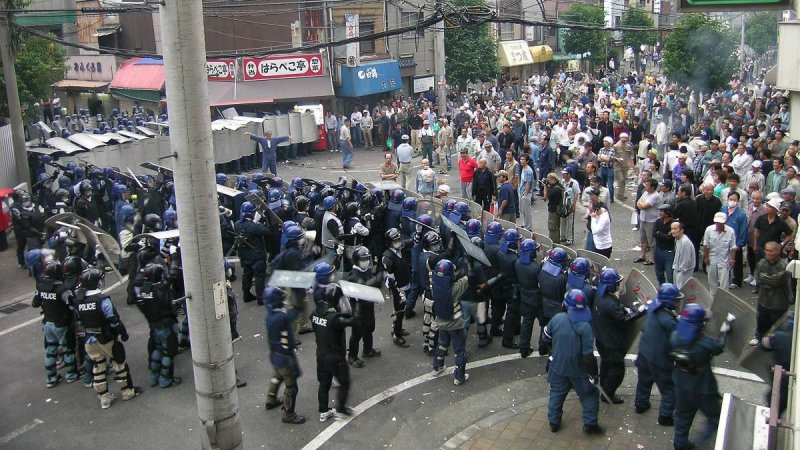
Types of prisons in Japan
There are different types of arrests and detentions in Japan, let's talk briefly about each of them:
Kouchishou [拘置所]- It is a facility of the Ministry of Justice, which mainly houses unconvicted prisoners (criminal defendants) and people sentenced to death. A rigid prison, house one placed in his cell in isolation.
Shōnen keimusho [少年刑務所] – It accommodates people who have been subject to criminal sanctions as a result of lawsuits or similar in violation of laws and regulations. Despite being suitable for young people under 20, they can house up to 26 years old.
Joshi keimusho [女子刑務所] – They are like men's prisons, but for women. There is no juvenile prison for women, they are grouped into wards in a women's prison. Most prisoners are there recovering from prostitution.
Keiji Shisetsu [刑事施設] – Refers to a facility that accommodates persons sentenced to free imprisonment in Japan, death row inmates, and detained suspects and defendants. Under the old penitentiary law, it was called a prison.
The law has already undergone several changes in the prison system. It is important to clarify that there are different types of detention, conviction, rehabilitation and others. Below are some of the punishments of convicts in Japan:
Choueki [懲役] – It is a criminal punishment that allows a free sentence, but under penal servitude; prison with hard work, working to pay for your crimes.
Kinko [禁錮] – Long-term punishment that does not impose work obligations in a legal system that defines categories as work obligations for free sentences. That is, a prison (without forced labor); incarceration and confinement.
Kouryuu [拘留] – Short-term criminal penalty that does not impose work obligations in the legal system that defines the division of labor as tax-exempt. Translated as custody; detention and short confinement.
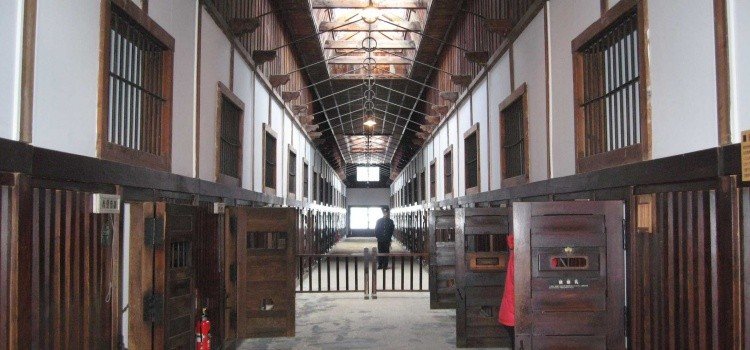
The article is still halfway through, but we recommend also reading:
What Are Prisons Like in Japan?
Jails or prisons in Japan are well-regulated and strict. When you get there, you receive a gigantic manual on how to behave inside. This explains why there is no violence, armed guards and high walls in Japan's prisons.
The detainees wear uniforms and there are rules for everything, in the way they walk, eat, sit, get up, sleep and even talk. If the rules are not broken, a punishment can be applied. If you should eat looking down, sleep showing your face.
Baths are only allowed a few times a week with the supervision of guards. The ward is only used for emergencies, many have to deal with pain or minor problems, mainly due to the lack of doctors on hand.
External Contact
Chatting is only allowed for a limited time and during the day. Without conjugal visits, family visits should last between 5 to 30 minutes. Visitors must be close relatives or lawyers, no fiancées or girlfriends.
Even the sending of letters is controlled, reviewed and censored. Letters can only be written in English and Japanese. Prisoners must bear all costs and expenses of sending and posting the letter.
Depending on the prison, all prisoners work, either internally or externally for companies that have government contracts. The pay is very low, no more than pennies an hour. Fortunately it's a chance to see the outside.
Meals in the Japanese Prison
Japanese prison meals are limited according to an imposed calorie limit. There are only three meals a day, with rice, vegetables and a little meat or fish. Many end up losing weight in prison.
Those who have some religious restrictions, can bureaucratically request such schemes. Foreigners can choose to eat bread instead of rice for breakfast.
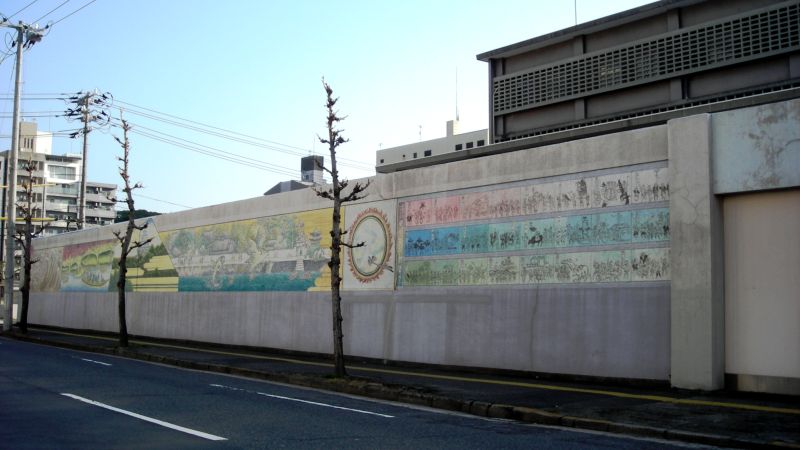
Good Things in Japanese Prison
Professional and formal education is emphasized, as is instruction in social values. Most convicts engage in labor, whereby a small pouch is set aside for use on release.
Prisons in Japan have a system that emphasizes incentives, inmates are initially assigned to community cells and then given better quarters and additional privileges based on their good behavior.
While some juvenile offenders are treated under the general penal system, most are treated in separate youth training schools. More forgiving than penal institutions, these institutions offer correctional education and regular schooling.
Volunteers are also used in probation supervision, although professional probation officers generally supervise offenders deemed to be at high risk of recidivism.
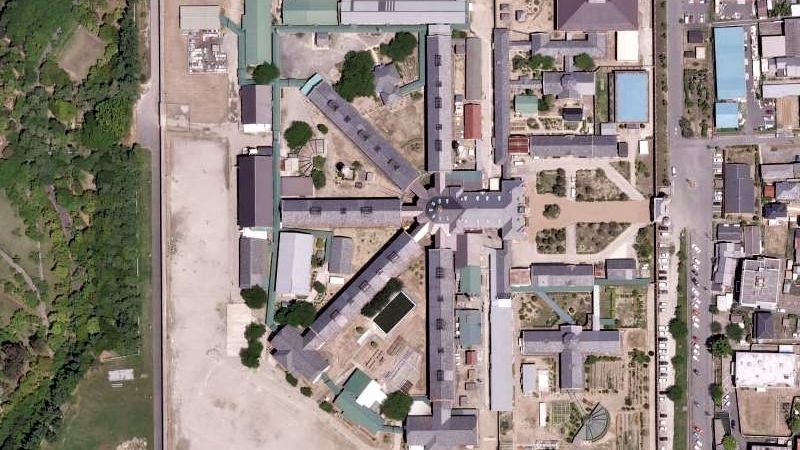
Problems in Japan's Prisons
One of the biggest problems in Japan's prisons is illness, which is caused with the onset of winter. Many jails do not have heating and this causes several health problems for an inmate. There are also some health problems caused by the sanitary conditions.
In addition to Japanese prisons being one of the strictest in the world, they are much stricter with foreigners who suffer discrimination and still cannot speak their native language, only Japanese.
This rule is intended to prevent disorder, such as planning to kill someone, escape, or rebellion. If this restriction did not exist, the guards would not have the ability to understand what was being discussed among the prisoners.
Many claim that the rules and prisons in Japan are too strict, cruel, inhumane and draconian. Looks like the guards are ready to make your life hell. Does this treatment really help to readjust the convict?
The Japanese Prison System allows the prisoner to restructure himself, but this depends on each individual. If there are laws in prisons, it is because some prisoners disobey them. Some fight over TV shows, others even commit suicide.
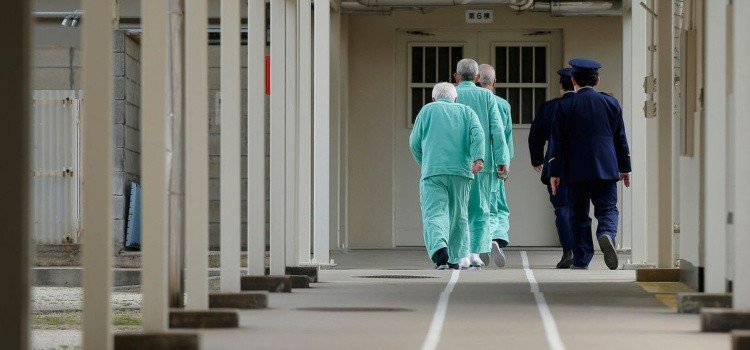
Japan Prisons Brazil Prisons
Some question the rigidity of Japanese prisons, but it has been much worse. In the Age of Absolute Emperors, a Japanese Prison was like a slowly operating Extermination Camp, like the North Korean Camps or the China Prisons.
Prisoners were tortured by jailers, sometimes to death to set an example. When overcrowded, an inmate was given authority by the Chief of Sela to kill other inmates to make room. Nowadays prisons in Japan are luxury hotels.
Although Brazil appears to have less rigid and good prisons for inmate discipline and recovery, the reality is different from what is thought. Many prisons in Brazil are without rules, full of violence, filthy and precarious.
The Prison system in Brazil is no better, so much so that it is called the School of Crime. So if you pity those who are imprisoned in Japan, pity those who are imprisoned in Brazil, which is worse here. The only difference is that in Brazil not everyone goes to prison.
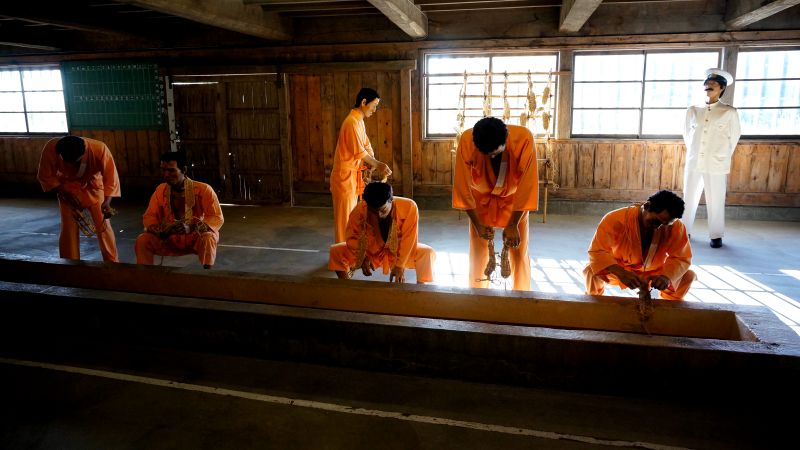
Facts about prisons in Japan
In Japan there are about 60 prisoners per 100,000 inhabitants or about 75,000 prisoners in total. A very low value compared to 1990 which was 47,000. One of the reasons is the increase in the number of elderly people who commit crimes to go to prison due to loneliness or lack of financial conditions.
Those under 20 are taken in for an educational correction. The number of young people arrested is much lower than that of adults, mainly because of the low crime rate. In Japan we can say: Young people are the future of our Nation!
Volunteers are used to supervise persons on parole. Most of these volunteers are usually people over 50 years of age or older.
In Japan, there are 62 prisons, 7 juvenile prisons, 52 juvenile classification houses, 52 youth training schools, 8 detention houses, 8 regional parole boards and 50 parole offices.
Between 1990 and 2002 around 1500 prisoners died in suspicious circumstances. Only 2 deaths were related to abuse, another 10 deaths were due to care precarious doctors. The remainder of the deaths were declared non-suspect.
There is a more severe punishment that involves sitting on your knees on the floor in front of a wall for hours or even days. Solitary confinement is also used. In Japan, execution by hanging has still existed since 1873 for the most serious crimes.
Almost all prisoners work, either in prison maintenance or as contract work for private companies, six days a week.
What did you think of Japanese prisons? Do you know any other details that were left out? Leave your comments and share with friends.

